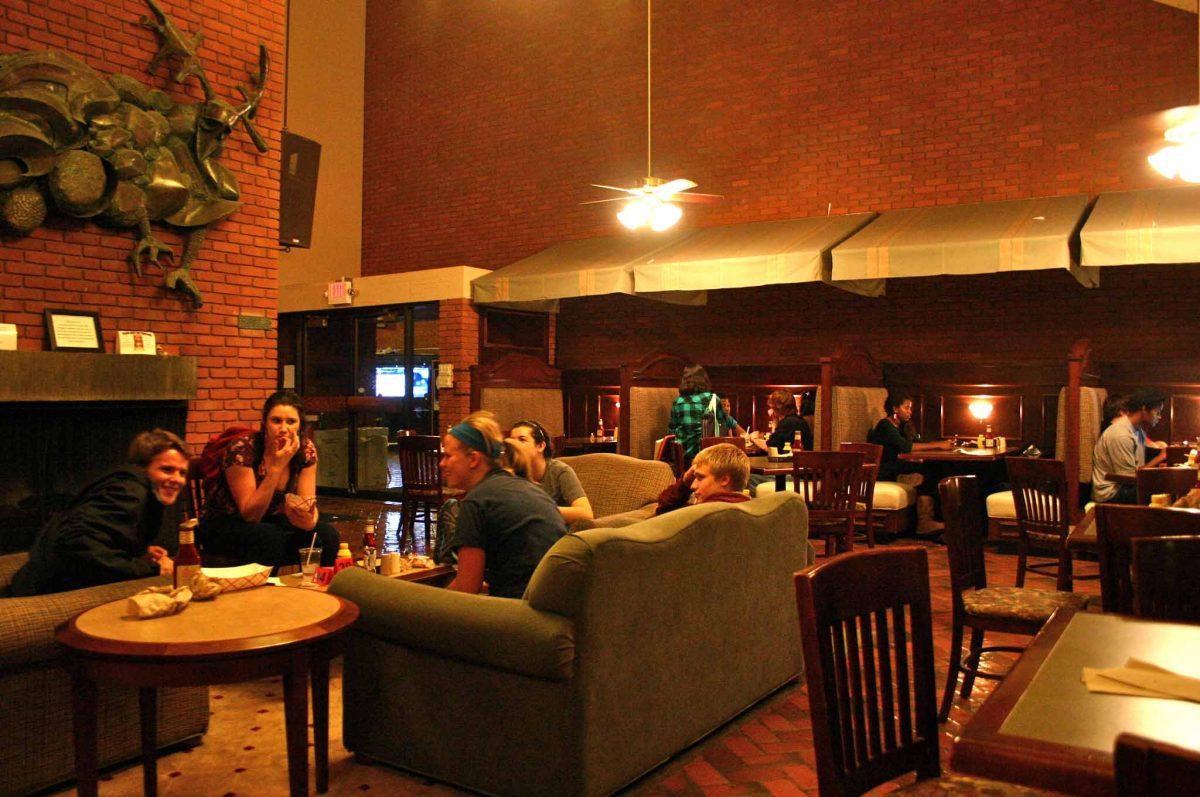There are less than 100 days before the 2012 Olympics begin in London, and there is already great excitement in Britain about this once-in-a-lifetime experience. The ability to host this event has generated greater national awareness and unity. There is certainly no other event where such a varied and mixed group of athletes and fans come together for competition and entertainment.
The preparation for this Olympics has been very unusual for Britain because of the timeliness of construction at Olympic Park. In the past, construction on projects such as the London Eye, a Millennium project, and Wembley Stadium, the country’s national soccer stadium, finished long after the original deadlines. So it is a great relief to the Olympic organizers that this particular hurdle was cleared in time.
An important part of London 2012’s bid to host the Olympics was its emphasis on the legacy that would last many decades after the Games. In the eyes of many, this objective has already been met. The head of the International Olympic Committee (IOC), Jacques Roggue, said: “London has raised the bar on how to deliver a lasting legacy. We can already see tangible results in the remarkable regeneration of East London. This great historical city has created a legacy blueprint for future Games hosts.”
Roggue’s mention of East London is critical to the whole bid. During the bidding process, the London 2012 team promised that the Olympics would regenerate a part of London that at the time was very run down and poorly maintained. Since this time, the East End of London, particularly the Borough of Stratford, has been regenerated to house the Olympic Park and Village and several other state-of-the-art arenas.
Another promise in the London 2012 bidding process was to introduce more young people to sports and encourage more to play. The Independent reported that “efforts to boost the numbers of people taking part in sport have so far failed.” But the failure of efforts to increase athletic participation among young people must not entirely be blamed on the Olympic organizers. The global economic crisis has forced the British Government to make spending cuts, and Olympic funding has not been exempt. Funding cuts for legacy projects, in particular, have limited the amount of money Olympic organizers can spend on clubs and other initiatives that encourage young people to be active.
There are many skeptics of the Olympics, most of whom worry that the Olympics will benefit London only briefly. Others worry that because they live far away from London, they simply will not be able to be involved in, or feel the benefits of, the Olympics to the same degree as someone nearer the city. However, according to the BBC, many events will be held all across Britain. Sailing events will take place in Southwest England and football matches will be played all over the UK. London, then, is not the only place that will experience the benefits of the Olympic atmosphere.
London’s mayor, Tory Boris Johnson, has been instrumental in the promotion of the Olympics. Johnson has been one of the main public figures that have spread enthusiasm for the Olympics in London and abroad. Immediately after the last Olympics in Beijing, Johnson said “the Olympics will give that part of the East end of London [Stratford, where the Olympic Park is located] the huge regenerative boost that it needs.” This sentiment explains the long-term effect Olympic organizers hope the Games will instigate.
For many, the coming Olympic Games represent a light in dark times. The War on Terror and the global financial crisis help explain the world’s fervent anticipation of this Olympics. This is just the type of event that enables a country to unite, especially such a multicultural one as Britain.



